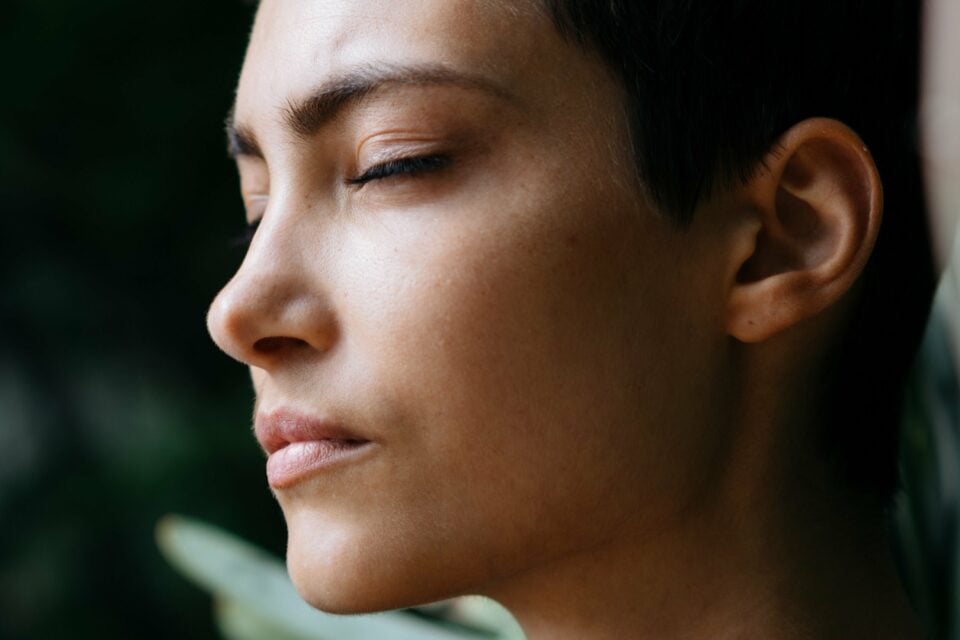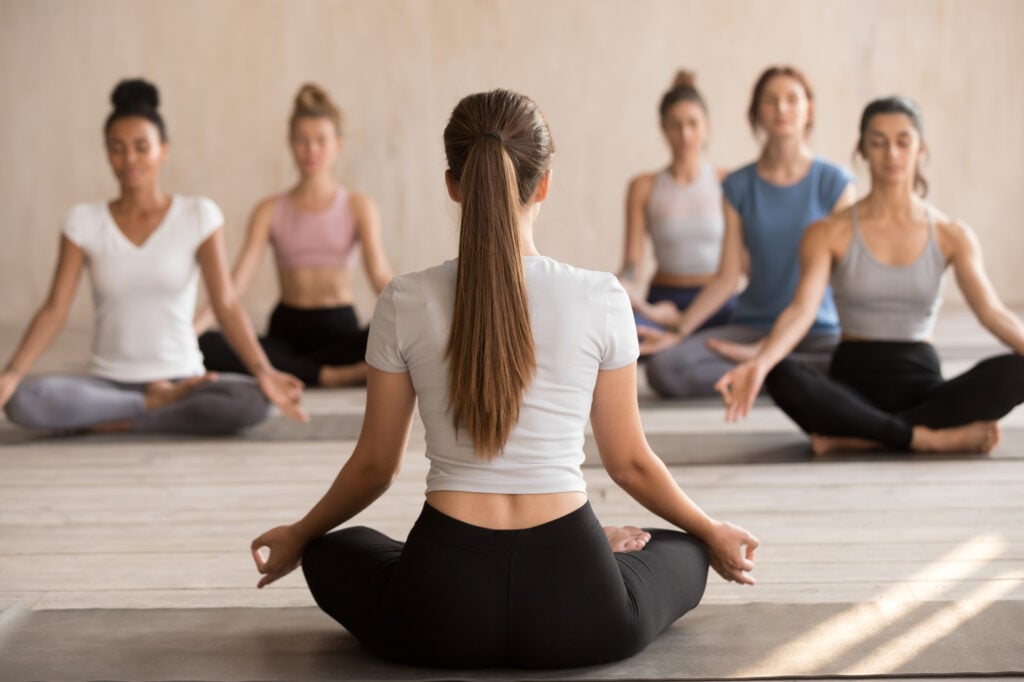Viveka: the base of yoga knowledge

Viveka appears as one of the needed qualifications of the yoga student in the book Tattvabodha, along with three other qualifications.
It’s also considered one of the first steps to start understanding the lifestyle and philosophy that sustains yoga teachings, therefore it’s also mentioned during classes, satsangas and other studying moments.
Receive all our tips by email!
Love Astrology? Subscribe Now and Receive Exclusive Content!
Although it can be manageable to put it in one or two sentences, we want to go deeper. Keep reading and start to understand what Viveka is.
Viveka qualification: the art of discernment
The book of the great teacher Sri Shankaráchárya sets a group of requirements the yoga student must have to be able to have a spiritual practice and progress. The requirements are:
- Viveka, which stands for discrimination and right understanding;
- Vairagya, the detachment of the results of our actions;
- Six qualities: Shama (control over the mind); Dama (control over the sense and action organs); Uparama (to fulfil our own duties); Titiksa (deal with ups and downs with equanimity); Shraddha (to trust in the master); Samadhanam (to focus on the mind);
- Mumuksutvam, the wish for liberation.
To improve these qualifications, the student must be disciplined and have a strong commitment. Dedication must be present, which is transversal to both the physical side of yoga and the study and mind aspect of it.
The knowledge is there for everyone who wants to get rid of conditionings, patterns, judgments, so it’s worth to develop these qualifications. But what does it mean after all? In this article, we focus on the first one, Viveka.

A qualified mind
Viveka is one of the qualifications we want to develop on the mind level. It consists of the ability to see the difference between the real and the unreal, and give balanced value to each. It is the capacity of knowing how to discern the eternal and the temporary.
Summarizing, Viveka is the discernment. It’s a key element on the spiritual path since we can’t get stuck giving energy and importance to the unreal things, to the temporary aspects of life.
According to the Vedanta, only the conscious is real. Our body and mind, the everyday life situations, are merely temporary and shouldn’t take our energy more than the necessary.
Viveka: the base of knowledge
When we say Viveka is the base of knowledge, we admit we are referring to the knowledge that leads to moksa, the freedom or liberation of the notion we are not enough, we are not complete, we are our fails.
We are lead through reasons, desires, and aversions in the eternal search for happiness. If we are not able to discern the real path from the unreal one, we’ll end up in a frustration cycle. More and more insecure and looking for joy, safety, and love in the wrong places.
Viveka is the ability to discern that we are everything we are looking for, we are enough already, we are the ultimate truth.
Everything has a beginning and an end, except for the consciousness present in everything and every one, our true essence.
You may also like:
- Ahimsa: the non-violence in Yoga
- Sthairyam: the value of commitment
- Yoga poses for beginners: the gateway to a regular practice
- Top 3 purification techniques from Yoga

